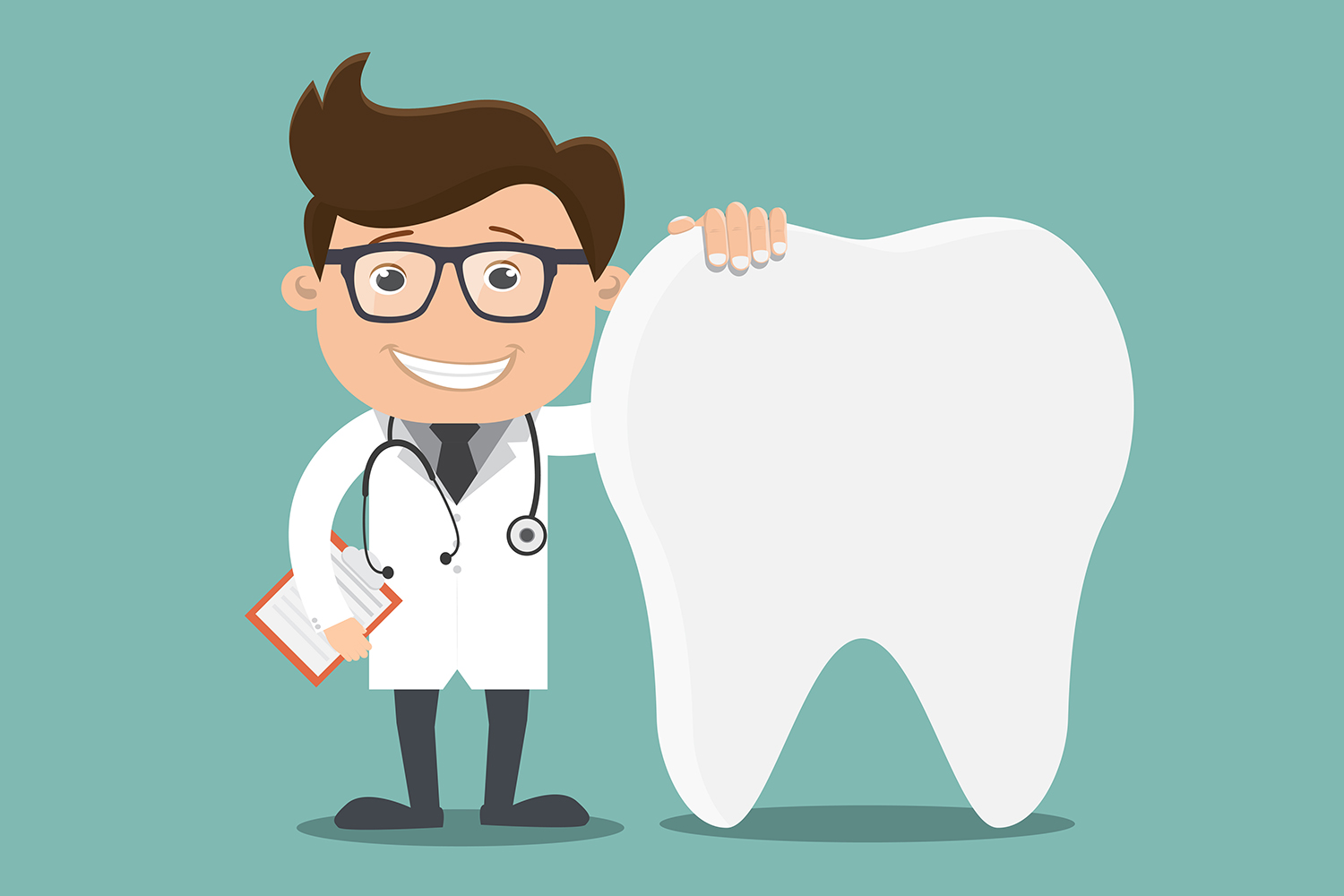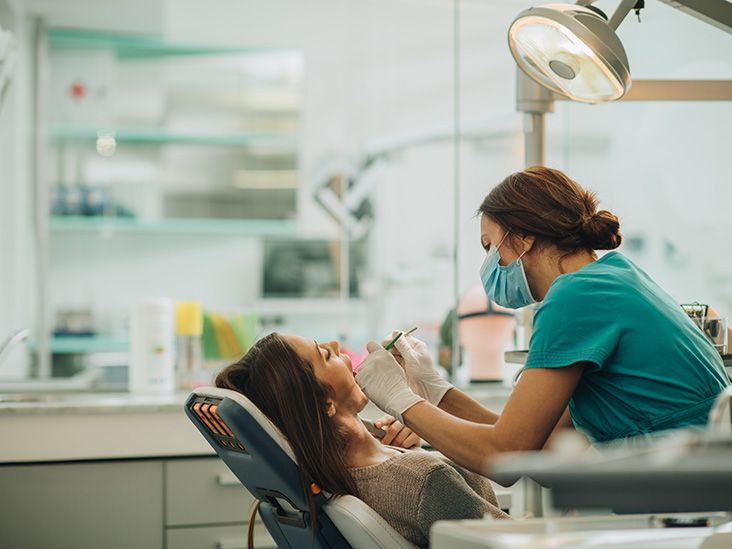Typical Questions Concerning Dental Veneers Answered
Oral veneers have ended up being a significantly desired alternative for those looking to boost their smiles, yet several people remain unsure concerning numerous elements of their usage. As we explore these usual questions, it comes to be essential to consider not just the benefits yet additionally the implications of deciding for dental veneers in search of a much more positive appearance.
What Are Oral Veneers?
Dental veneers are slim, tailor-made coverings crafted from porcelain or composite resin that are designed to cover the front surface of teeth. These dental prosthetics offer both functional and visual purposes, giving a service for various oral imperfections, including staining, chips, voids, and imbalance. By adhering to the teeth, veneers can dramatically improve the general appearance of a smile, developing a more appealing and consistent appearance.
Porcelain veneers are especially preferred for their all-natural translucency and discolor resistance, making them a perfect choice for individuals looking for resilient outcomes. On the other hand, composite material veneers are typically more economical and can be applied in a single see, however they may not offer the very same longevity as porcelain alternatives.
The decision to go with oral veneers typically comes from a desire for visual renovation, yet people should additionally take into consideration factors such as the longevity of the material, maintenance needs, and the possible demand for tooth decrease (Veneers). Eventually, dental veneers represent a versatile and effective solution for achieving a radiant smile, dealing with specific aesthetic requirements while promoting confidence and self-esteem
How Are Veneers Applied?
The application process for veneers calls for mindful preparation and precision to guarantee optimum outcomes. The procedure normally starts with a detailed appointment, where the dentist reviews the individual's dental health, discusses wanted results, and identifies the appropriate kind of veneers, whether porcelain or composite material.
Once the therapy plan is established, the dental practitioner prepares the teeth by getting rid of a thin layer of enamel, typically concerning 0.5 mm to 1 mm, to fit the veneer. This step is crucial as it makes certain an appropriate fit and prevents the veneers from showing up large - Low Cost Veneers. After prep work, impressions of the teeth are taken to produce custom veneers that match the person's one-of-a-kind dental framework and aesthetic preferences
While the irreversible veneers are being made in an oral laboratory, short-lived veneers might be positioned to secure the prepared teeth. As soon as the long-term veneers prepare, the dental practitioner will thoroughly bond them to the teeth making use of a strong dental adhesive. Last modifications are made to ensure correct positioning and bite, followed by brightening for an all-natural appearance. The procedure finishes in a follow-up consultation to monitor the veneers' fit and the patient's satisfaction with their new smile.
What Are the Conveniences?

Furthermore, veneers are recognized for their toughness and resistance to staining compared to all-natural teeth. Made from high-grade products such as porcelain or composite material, they can maintain their appearance for years with proper care. This longevity makes them a useful investment in one's oral appearance.
In addition to visual renovations, veneers can also contribute to enhanced oral health and wellness. By covering damaged or compromised teeth, look what i found they can give additional assistance and defense, helping to avoid additional degeneration or deterioration. This protective aspect can decrease the demand for a lot more substantial oral treatments in the future.

For How Long Do They Last?
With correct treatment and maintenance, dental veneers can last anywhere from 10 to 15 years, making them a long-lasting service for enhancing one's smile. The durability of veneers mostly depends upon the material made use of, the high quality of the first positioning, and the patient's adherence to dental hygiene practices.
Porcelain veneers are recognized for their durability and resistance to staining, usually lasting closer to the 15-year mark when taken care of appropriately. Compound veneers, while more budget friendly, may call for substitute sooner, typically within 5 to 10 years because of their susceptibility to use and staining.

Furthermore, wearing a mouthguard during sporting activities or nighttime can give additional protection. Inevitably, while veneers provide a considerable visual enhancement, their longevity is significantly affected by the dedication to appropriate dental care and normal examinations with a dental specialist.
Exist Any Type Of Dangers?
Considering the transformative effects of oral veneers, it is very important to acknowledge the possible risks related to their application. While veneers can boost the look of teeth, the procedure entails the removal of a thin layer of enamel, which can enhance tooth level of sensitivity and susceptability to degeneration.
One substantial threat is the opportunity of incorrect positioning or fitting, resulting in discomfort, bite imbalance, or perhaps damage to the underlying tooth framework. Furthermore, if the veneers are not kept properly, they can become pop over to this web-site tarnished or broken in time, demanding replacement.
People may additionally experience allergies to the materials made use of in the veneers, specifically if they have level of sensitivities to specific oral compounds. Additionally, while veneers are durable, they are not unbreakable; extreme pressure from clenching or grinding can bring about fractures.
It is vital for clients to seek advice from a certified oral specialist to examine their individual threats and to comply with aftercare directions vigilantly. By recognizing these dangers, clients can make informed choices regarding their oral veneer treatment and guarantee the durability and success of their improvements.
Conclusion
In recap, oral veneers represent a useful cosmetic solution for improving smiles, with factors to consider concerning their application, benefits, durability, and connected threats. Ultimately, notified decision-making pertaining to dental veneers can lead to satisfying visual end results and improved dental health and wellness.
Oral veneers are slim, personalized shells crafted from porcelain or composite resin that are developed to cover the front surface of teeth. After preparation, impacts of the teeth are taken to produce custom veneers that match the client's distinct dental framework and visual choices.
While the irreversible veneers are being produced in an oral laboratory, short-term veneers may be put to secure the ready teeth. When the irreversible veneers are all set, the dentist will thoroughly bond them to the teeth utilizing a strong dental adhesive. Ultimately, informed decision-making concerning dental veneers can lead to acceptable aesthetic end results and improved dental health.